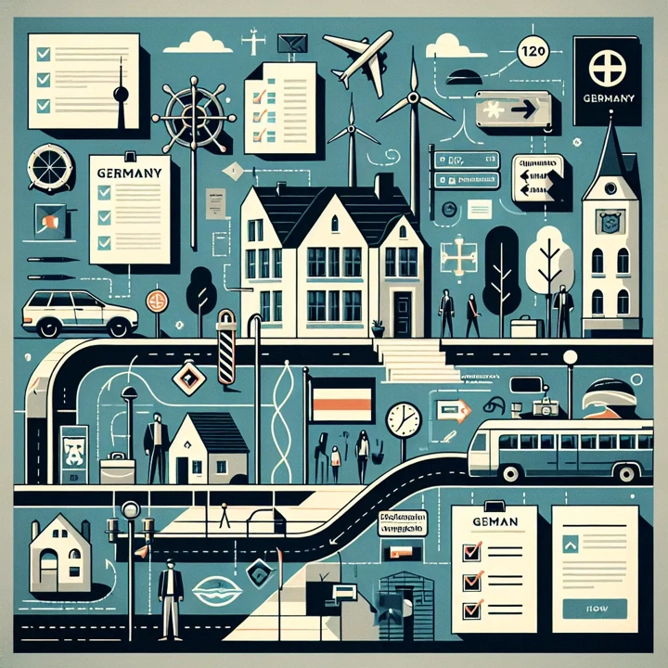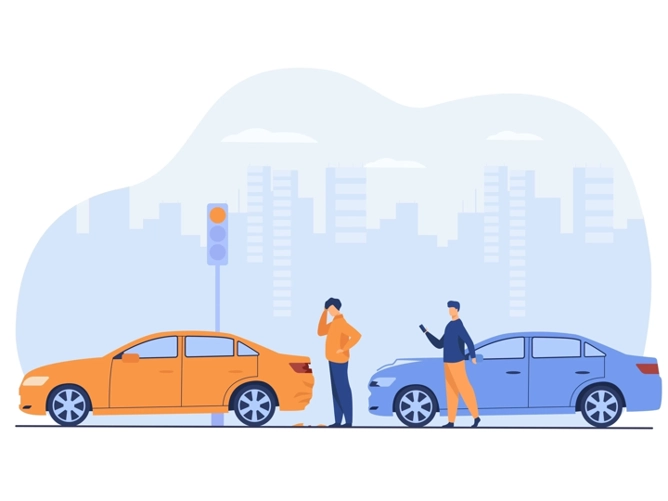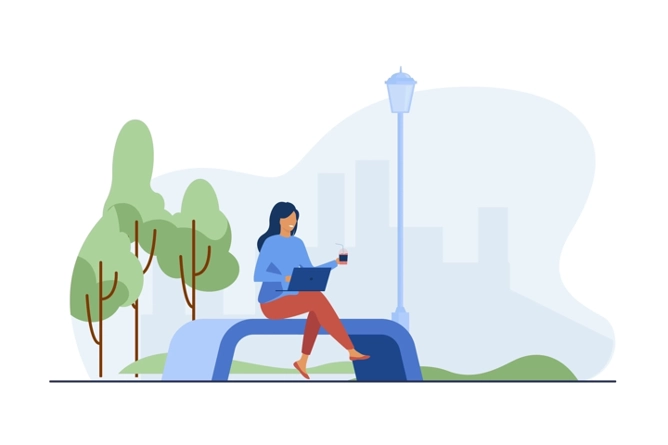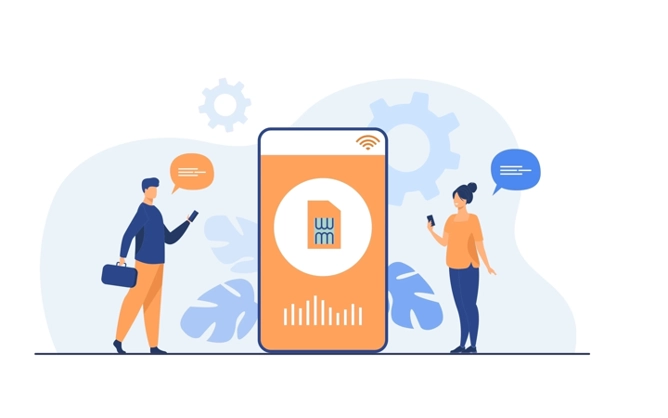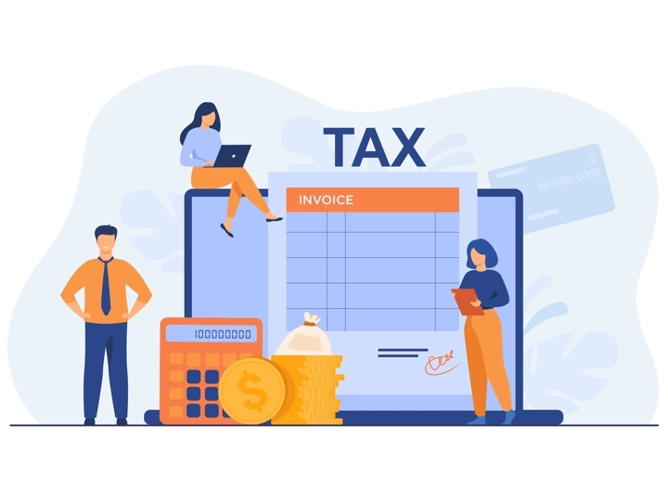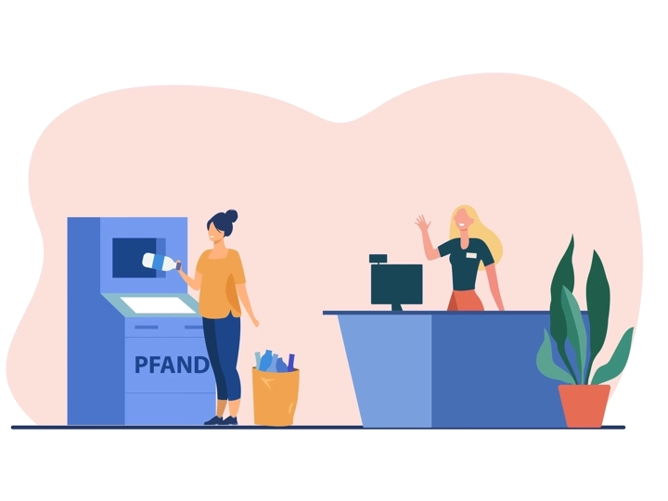
How Pfand System works in Germany - Bottle Deposits [2025]
The Pfandsystem is a nationwide recycling program in Germany that encourages people to recycle their used plastic and glass drinking bottles. Anyone who buys a beverage from a retailer participating in the system must pay a ‘pfand’, which helps fund the program. If you’re in Germany, it’s essential to know that all beverage containers, whether they are full or empty, must be registered with the Pfand system. This system determines what each bottle is worth and outlines proper recycling procedures.
If you return your emptied bottles to a collection facility registered with the Pfandsystem, you will receive your deposit back plus whatever value the bottles have on the market.
Want to Learn About Trash and Recycling?
Check out our detailed article on Trash and Recycling Guide in Germany.
What is Pfand Germany?
Pfand is a system that stands for deposit in German, where you are charged a deposit on top of the price of certain bottles and cans, which is then refunded to you once the bottle is returned empty. This system helps to reduce waste as it encourages people to recycle their bottles and cans.
It is a convenient and easy system for shoppers, as it does not require extra effort.
Types of Pfand in Germany
There are mainly two types of Pfand in Germany.
Multi-Use Bottles (Mehrweg)
These bottles are made up of glass and plastic, and each one has its own set of regulations. Glass bottles can be recycled up to 50 times before they get thrown away, while plastic bottles may only last for around 10-12 recycling.
These were:
- Beer Bottles
- Yogurt package
- Soft drink bottles
- Nonalcoholic glass bottles
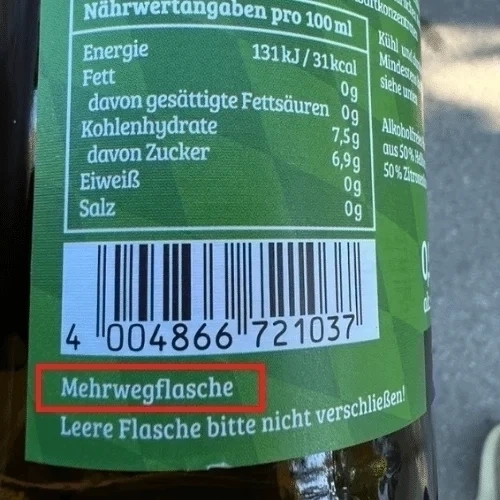
The deposit for these bottles varies between 8 and 15 cents per bottle, and you can recognize them by the following logos or words such as ‘Pfand-Glas’, ‘Mehrwegflasche’ or ‘Mehrweg-Pfandflasche’.
Single Cans and Bottles (Einweg)
The environmental impact of using standard disposable bottles and cans is more significant than using reusable ones.
However, there are some circumstances in which multi-use bottles may be more environmentally friendly than standard disposable ones – for example, if they are correctly recycled.
Typically they are:
- Plastic bottles
- Cans
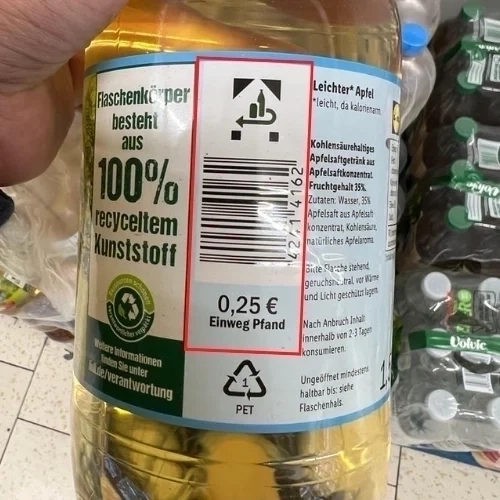
Bottles and cans have a more significant ecological impact than reusable containers because they are less stable plastics that can damage more when recycled.
Seeing these logos or words such as ‘Eineweg’ or ‘Einwegflasche’ can identify them as 25 cents each deposit.
Where to return Pfand bottles in Germany?
Most places where you buy bottles and cans with the Pf and include a return policy. When returning them, they need to be in the same condition as when you purchased them-meaning they cannot be crushed or without a label.
You can return Pfand bottles at the following places:
Beverage stores – Since Pfand is a mandatory government-issued refundable deposit on every bottle and can sell in Germany, it’s always worth getting your money back if you’re unhappy with the product. Bring your Pfand receipt to any beverage stores and get your deposit back – no questions asked.
Supermarkets – The next option is available at supermarkets – installed bottle return machines. Most machines have a bottle return machine where you can deposit your unwanted plastic bottles and cans for recycling. While this is an option, we recommend using the coupons that come with the machines as it will save on future costs.
Kiosks, Büddchen or Spätis – Germany is a country where beer is trendy. You can usually find kiosks selling cold beer at lower prices than restaurants or bars but pricier than supermarkets. It’s essential to be mindful of how much you’re spending and recycle any empties if possible, as Bottle Deposit legislation exists in Germany.
*The unofficial Pfandsammler* – If you leave bottles with deposits next to trash cans, it is essential to know that this is a common practice in Germany and has become an underground system of deposit collectors. Therefore, you should not be surprised if someone else leaves their bottle nearby- the collector will eventually collect it.
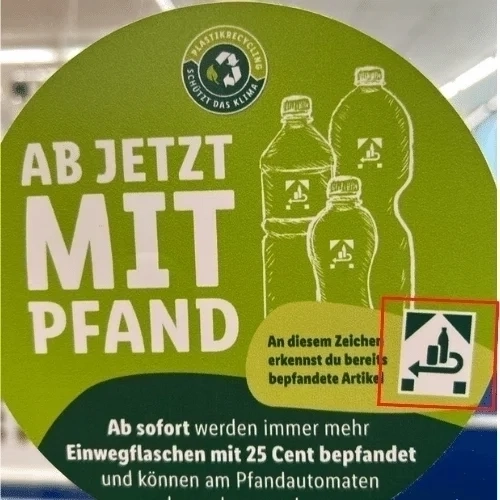
You can return the Pfand bottles in all those shops where you find such stickers or Pfand symbol or if you see a separate Pfand machine.
How can I identify Pfand bottles/cans?
If there is a logo on the label, a significant brewer has likely produced the product. If there is no logo, a smaller brewery probably made the product. In short, the pfand symbol is rarely placed on beer bottles.
Identifying Pfand keywords:
The label will say “Pfand-Glas” if the bottle has a Pfand, and it will not say anything else. If the bottle does not have a Pfand, it will just say “Pfandfrei.”
Conclusion
The Pfand system in Germany is a deposit-based recycling program that encourages people to recycle their plastic bottles. The program offers bottle return stations across the country, and there are usually coupon books for participating stores available at those locations. When you purchase a new bottle, drop the old one off at one of the designated return stations, and receive a refund for your deposit (usually around 10%).
Source: Banner vector created by pch.vector – www.freepik.com

Jibran Shahid
Hi, I am Jibran, your fellow expat living in Germany since 2014. With over 10 years of personal and professional experience navigating life as a foreigner, I am dedicated to providing well-researched and practical guides to help you settle and thrive in Germany. Whether you are looking for advice on bureaucracy, accommodation, jobs, or cultural integration, I have got you covered with tips and insights tailored specifically for expats. Join me on my journey as I share valuable information to make your life in Germany easier and more enjoyable.
